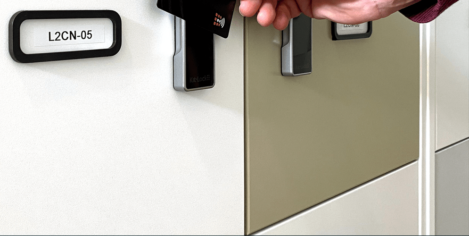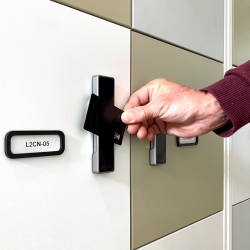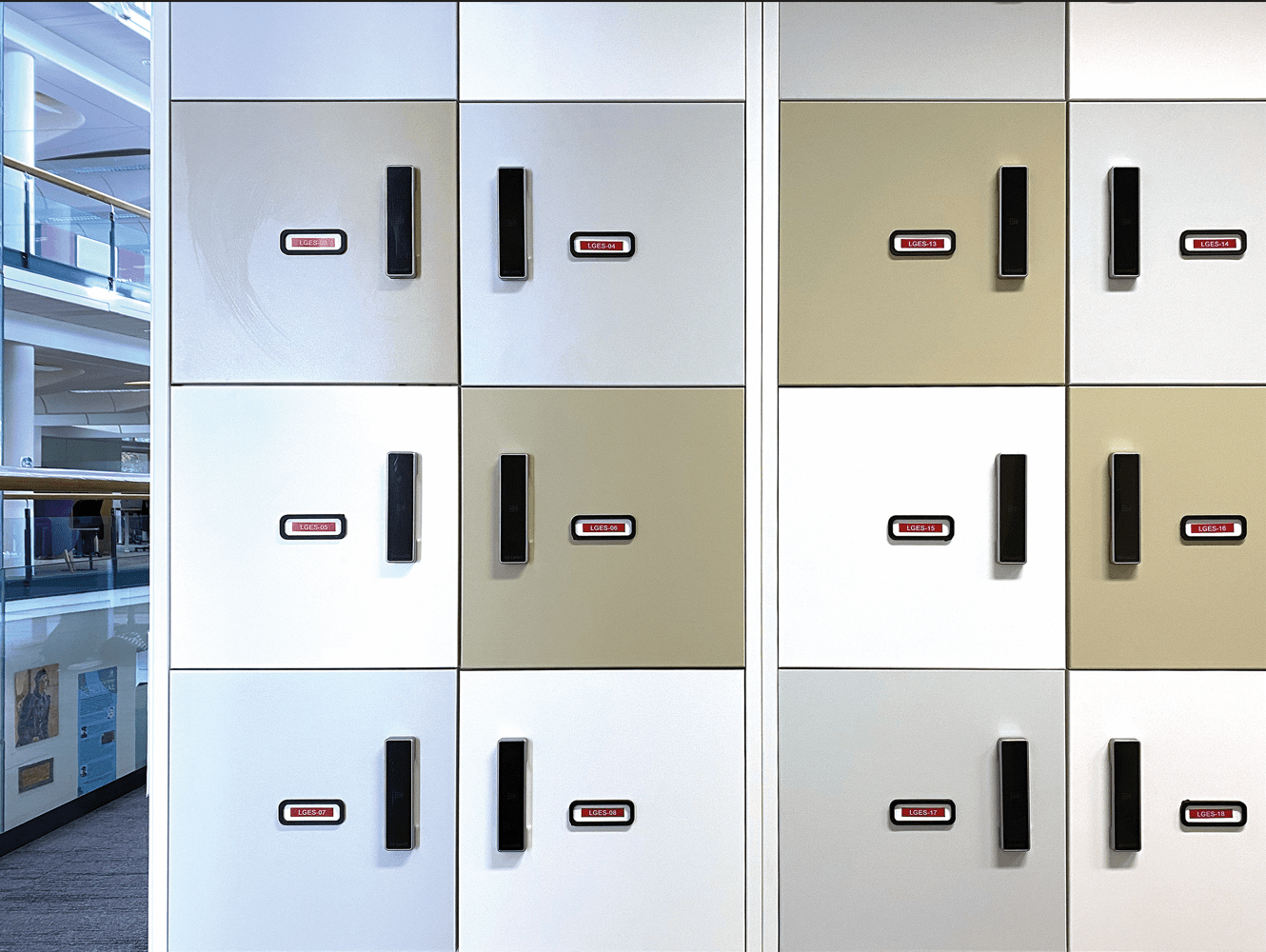April 28, 2022
British Council for Offices honour London’s best workplaces at annual Regional Awards
 Six London workplaces have been recognised at the annual British Council for Offices’ (BCO) Regional Awards. The London Awards Lunch returned in-person to the London Hilton on Park Lane, recognising the highest quality developments in London and setting the standard for excellence in the office sector across the UK. The winning workplaces include: 80 Charlotte Street (Commercial Workplace); Plumtree Court, 25 Shoe Lane (Corporate Workplace); Dojo, The Brunel Building, 2 Canalside Walk (Fit Out of Workplace); ASOS HQ, Greater London House, 180 Hampstead Road (Refurbished/Recycled Workplace); Pennybank , 33-35 St John’s Square (Projects up to 1,500m sq. ); 1 Triton, 1 Triton Square, Regent’s Place (Innovation) More →
Six London workplaces have been recognised at the annual British Council for Offices’ (BCO) Regional Awards. The London Awards Lunch returned in-person to the London Hilton on Park Lane, recognising the highest quality developments in London and setting the standard for excellence in the office sector across the UK. The winning workplaces include: 80 Charlotte Street (Commercial Workplace); Plumtree Court, 25 Shoe Lane (Corporate Workplace); Dojo, The Brunel Building, 2 Canalside Walk (Fit Out of Workplace); ASOS HQ, Greater London House, 180 Hampstead Road (Refurbished/Recycled Workplace); Pennybank , 33-35 St John’s Square (Projects up to 1,500m sq. ); 1 Triton, 1 Triton Square, Regent’s Place (Innovation) More →






 Employees with full autonomy to choose where they work are happier in their job, yet only one in five are currently able to do so. And though 60 percent of all employees prefer hybrid working, only 39 percent are able to flexibly split their time between the home and office. This is according to Jabra’s 2022 edition of the
Employees with full autonomy to choose where they work are happier in their job, yet only one in five are currently able to do so. And though 60 percent of all employees prefer hybrid working, only 39 percent are able to flexibly split their time between the home and office. This is according to Jabra’s 2022 edition of the 

























April 28, 2022
We need to seize the chance to make our buildings far more intelligent
by William Poole-Wilson • Comment, Environment, Property, Workplace design